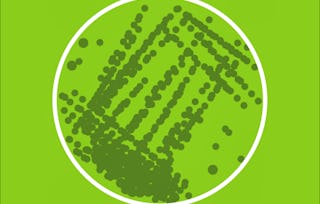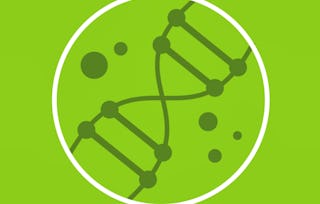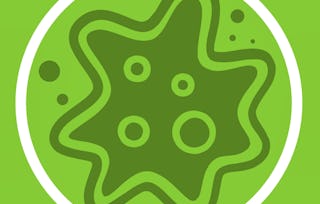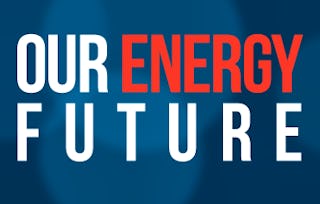This course was produced by the Algae Technology Educational Consortium and UC San Diego with funding from the Algae Foundation, the National Renewable Energy Lab, and the U.S. Department of Energy.

Introduction to Seaweeds
Ends soon: Gain next-level skills with Coursera Plus for $199 (regularly $399). Save now.

(76 reviews)
Recommended experience
What you'll learn
Introductory seaweed farming techniques.
Basic seaweed cultivar domestication.
Seaweed identification, systematics and evolutionary relationships.
Skills you'll gain
Details to know

Add to your LinkedIn profile
26 assignments
See how employees at top companies are mastering in-demand skills

There are 7 modules in this course
This section will cover what algae are, how they've evolved, and how they've transformed our planet. We will also go over how humans have used algae throughout history.
What's included
4 videos7 readings3 assignments
Algae are extremely diverse, and in this section you will learn about the three distinct seaweed taxa.
What's included
4 videos8 readings4 assignments
Seaweeds are found almost everywhere and have complex ecologies. This section covers the basics of seaweed ecology including some of the organisms they interact with in nature and in industrial settings.
What's included
5 videos10 readings5 assignments
This week includes techniques for the cultivation and marine agronomy of seaweeds including open water and tank cultivation.
What's included
6 videos12 readings6 assignments
This section will cover how humans have used seaweed as a medicine, in religion and folklore, and in community events throughout history.
What's included
2 videos4 readings2 assignments
In this section we will examine the important steps of seaweed product development and utilization. From simple foods to fuels and plastics.
What's included
4 videos8 readings4 assignments
In the final week of this course, we will describe modern biotechnology efforts to improve the nature of seaweed cultivars through the use of genetic manipulation and modification.
What's included
2 videos4 readings2 assignments
Instructors


Offered by
Explore more from Basic Science

University of California San Diego

University of California San Diego
 Status: Free
Status: FreeUniversity of California San Diego
 Status: Preview
Status: PreviewUniversity of California San Diego
Why people choose Coursera for their career




Learner reviews
76 reviews
- 5 stars
82.89%
- 4 stars
11.84%
- 3 stars
3.94%
- 2 stars
1.31%
- 1 star
0%
Showing 3 of 76
Reviewed on Apr 8, 2024
This course is helpful, but it requires upgrades to the PowerPoint slides.
Reviewed on Jul 13, 2025
I found the Introduction to seaweeds to be extremely informative and genuinely enjoyed learning process. Look forward to applying what I learned in my sargassum fertilizer business
Reviewed on May 3, 2023
The course is well presented and very helpful specially to my current project.

Open new doors with Coursera Plus
Unlimited access to 10,000+ world-class courses, hands-on projects, and job-ready certificate programs - all included in your subscription
Advance your career with an online degree
Earn a degree from world-class universities - 100% online
Join over 3,400 global companies that choose Coursera for Business
Upskill your employees to excel in the digital economy
Frequently asked questions
To access the course materials, assignments and to earn a Certificate, you will need to purchase the Certificate experience when you enroll in a course. You can try a Free Trial instead, or apply for Financial Aid. The course may offer 'Full Course, No Certificate' instead. This option lets you see all course materials, submit required assessments, and get a final grade. This also means that you will not be able to purchase a Certificate experience.
When you purchase a Certificate you get access to all course materials, including graded assignments. Upon completing the course, your electronic Certificate will be added to your Accomplishments page - from there, you can print your Certificate or add it to your LinkedIn profile.
Yes. In select learning programs, you can apply for financial aid or a scholarship if you can’t afford the enrollment fee. If fin aid or scholarship is available for your learning program selection, you’ll find a link to apply on the description page.
More questions
Financial aid available,

